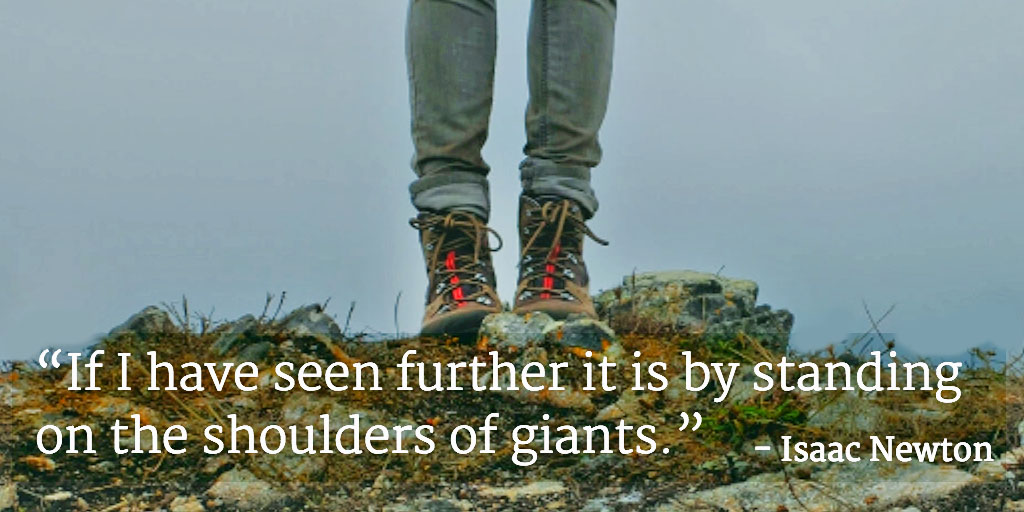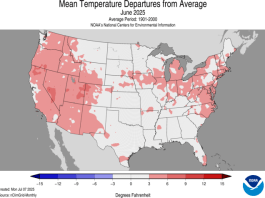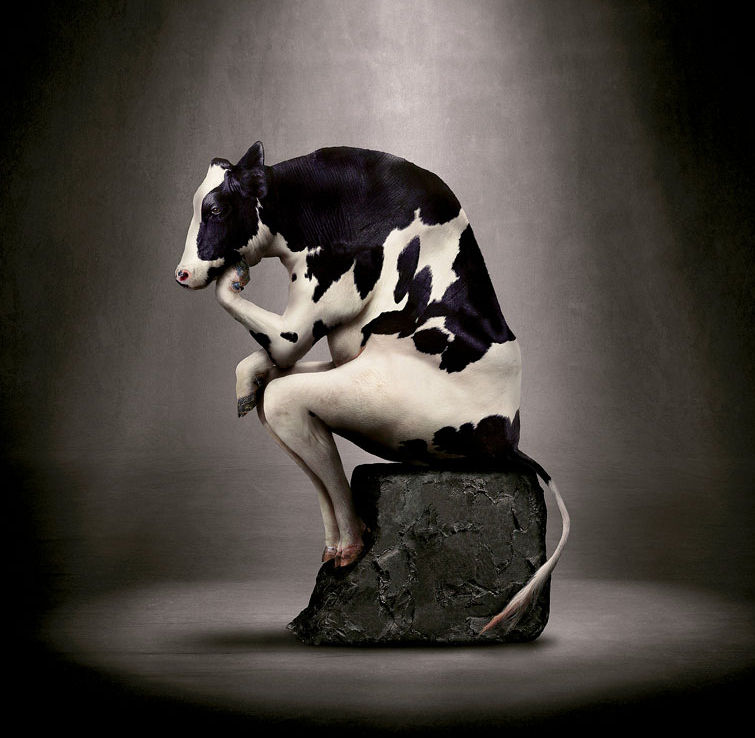I was at a grazing workshop the first time I thought of creating On Pasture. A scientist stood up and carefully explained several studies and results in his very sciencey way. I was excited about what he had to offer, unlike most of the audience whose eyes had glazed over within the first five minutes. He was followed by a very charismatic speaker who promoted a practice that I knew was completely useless and the only beneficiary would be him. But graziers leaned forward in their seats, and afterwards crowded around the speaker to find out how they could buy this wondrous thing. I suddenly realized that this same thing happened everywhere I went. Great information, presented by drab, dull scientists with their “It depends” answers, always lost out to shiny salespeople.
It made me mad. I hate seeing people lose money by being tricked. I decided I should do something about it.
With the support and encouragement of friends and colleagues, On Pasture was born a year later. It’s mission: to translate science and experience into practices graziers could use to be more sustainable and profitable. I’ve focused on providing information based on good data and decades of research on how the natural world works and on making sure what I write is easy to read and understand.
With every scientific paper I read, and with every grazing practice I’ve published, I’ve been guided by the words of two very accomplished scientists:


My work has been a constant search for new ideas and then double checking myself by reading paper after paper to make sure I’m not sharing something just because I’d like it to be true. There is popular research that I have never shared in On Pasture because the methods used and data gathered were not up to snuff. If you don’t find certain things here, or don’t see articles about certain people, that’s why. (I share that with the proviso that should I come across new data that demonstrates I was mistaken, I will certainly change my mind.)
The result hasn’t always been popular. I’ve written stories showing science that counters popular myth and made some people so angry that they quit reading On Pasture. Others wrote emails calling me bad names and some became so nasty and aggressive that I had to block them from reading On Pasture and from emailing me. Saying things that people don’t want to hear is hard and not very much fun some times, especially when my own credibility is called into question.
I know the world is full of people who tell us lies or shade the truth for their own benefit. I know it’s hard to figure out who to trust. And that’s why I turn to science. It’s a constant discussion among people who are trying not to fool themselves, who say, “Hmm…” when they see something and then come up with ways to prove or disprove their observations. The “It depends” that can be so frustrating to those of us who just want an answer is one of its strengths. There is always more to learn, and there are always ideas that end up overturned by new, better information. It’s a way of standing on the shoulders of others to see further than we could ever see on our own.

So, next time you read something in Facebook, stop, say, “Hmm….” and then look for answers elsewhere. You can stop by On Pasture where we have a library of over 2,500 articles. You can google for fact sheets from extension agents. You can even drop by Google Scholar to find journal articles.
That’s what I mean when I say, “Thanks for reading!”
Kathy





Thanks Kathy.
Am teaching a college class, starting tomorrow, titled “Resilience”. When later we cover the scientific method, as applied to rotational grazing, silvopasture and beyond, will link to today’s posts. When they visit our farm, each student grabs an insulated post. Then together we advance a hot wire over new pasture, and watch cattle graze. Creates a lasting memory for students, each a citizen, of local plants being converted into local beef, and of local, farmer efforts to keep carbon and nitrogen in our soil, instead of into the air or river nearby.
Comments are closed.